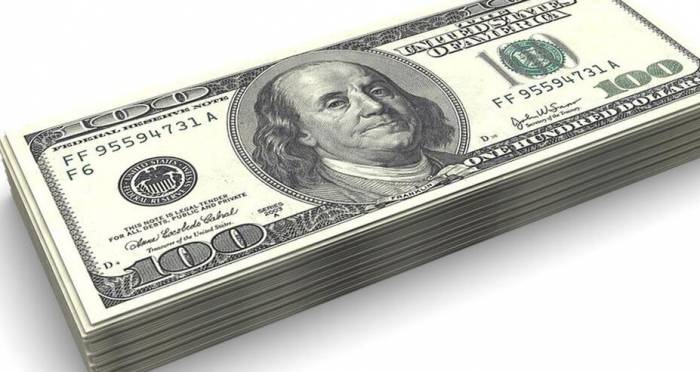Funds Rush In: Over 7 Trillion RMB, Yuan Breaks 7.0 Mark
In the stock market, overseas funds are pouring into the Chinese market frantically. In the real estate market, a new round of stimulus measures are being rolled out intensively. At the same time, we also see the appreciation expectation of the Chinese yuan becoming increasingly clear, and it has already broken through 7.0. What risks still exist for housing prices in China? Shouldn't the opportunity have come?
It's not necessarily the case. Although there is a chance for housing prices to rise, the risks are not small.
A few days ago, measures such as the central bank's reserve requirement ratio reduction and interest rate cuts were introduced one after another, especially the monetary policy aimed directly at the stock market. It immediately triggered a crazy rise in A-shares, with the Shanghai Composite Index recovering multiple integer positions in succession, and the ChiNext Index even recorded a single-day increase of 10%, with Northbound funds continuously increasing ammunition.
Not long ago, British economists warned that with the strengthening of Chinese companies' willingness to exchange foreign currency, there may be more than 1 trillion yuan of funds returning to China. Now it seems that the amount may far exceed this, and it does not seem difficult to exceed 70 trillion yuan.
Advertisement
Since the epidemic, especially in the past two years, Chinese companies have increased various U.S. dollar assets in their hands by 200 billion U.S. dollars. At the beginning, these funds were used to bet on the high interest rates of the U.S. dollar, and they have also achieved good returns.
The returns mainly come from two aspects. On the one hand, it is the exchange rate gains obtained from the appreciation of the U.S. dollar. On the other hand, these funds can obtain higher interest income than the Chinese yuan by depositing or holding money market funds in the United States. If stocks are purchased, they can also share the additional returns of the U.S. stock market's rise in the past two years.
But now the situation has reversed.
The U.S. dollar has begun to cut interest rates, and the depreciation of the U.S. dollar has become more and more obvious. The interest income from U.S. deposits and money market funds is likely to be instantly offset by the depreciation of the U.S. dollar.
At the same time, the Federal Reserve has cut interest rates by 50 basis points, and the market generally predicts that it will cut another 50 basis points in November. This fully demonstrates that the U.S. economy faces greater risks, and the U.S. stock market also has the risk of collapse.
Since the U.S. dollar depreciates and there are risks in deposits, money market funds, and the stock market, the money in the hands of Chinese companies may return on a large scale. The return should not be less than 50%, and it may even be more.The risk of housing prices also lies in this aspect.
The country's policies are promoting a bull market in A-shares. If the funds from Chinese enterprises' exchange settlement, coupled with the continuous influx of overseas investment capital, may extend this bull market for a longer period.
Under the effect of making money, funds are gathering towards the stock market, and the funds entering the real estate market naturally decrease.
Although the three first-tier cities of Guangzhou, Shenzhen, and Shanghai have all adjusted the purchase restrictions, among which Guangzhou has even completely lifted the restrictions, judging from the past situation, every time a big move is made, it will increase a large number of second-hand housing listings. If the increase in supply far exceeds the increase in demand, the risk of housing prices is inevitable.

Post Comment